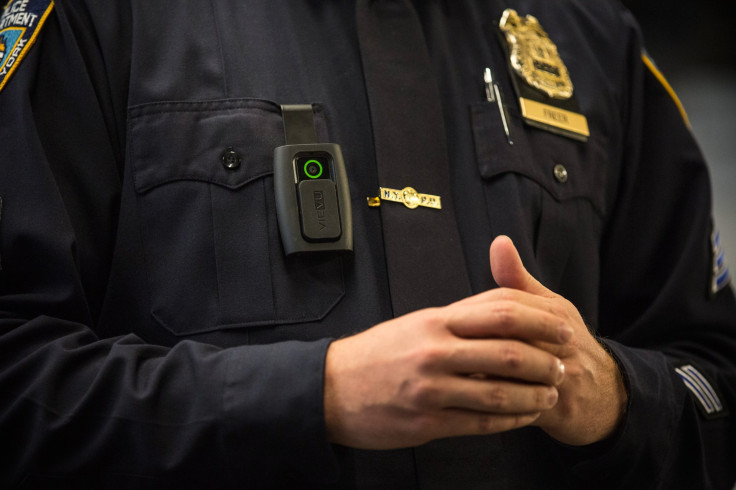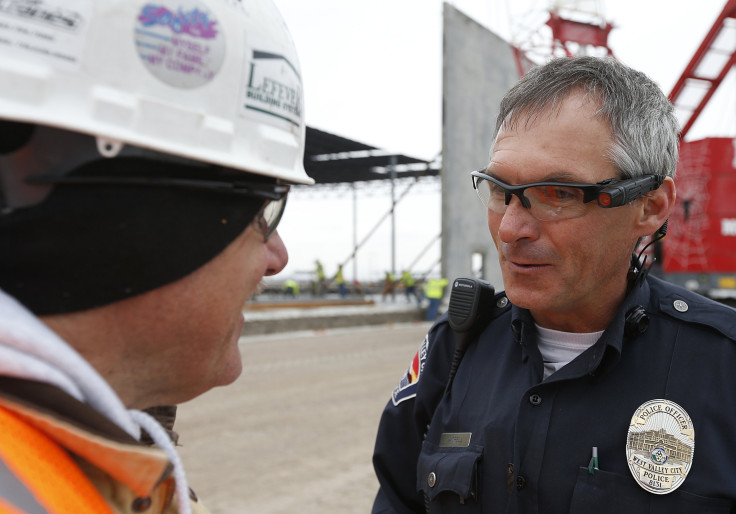Do Body Cameras Benefit Law Enforcement? Queensland Prison Guards To Wear Surveillance Devices For Safety

According to latest reports, Queensland prison guards will be required to wear body cameras starting Monday in order to record evidence of assaults and other unruly behavior that takes place inside the facility.
The cameras will have the capability of recording a high quality video for a span of nine hours. The decision to provide the prison guards with body cameras came after it was reported that assault rates in the prison have increased, following the place being overpopulated by 22 percent.
"If you look at it over a period of time, you will see peaks and troughs of assaults in correctional centers,” Corrections Minister Mark Ryan said, ABC reported. "What matters is we are rolling out additional measures to keep our staff safe and these cameras will assist with that,” he added.
As for the rate of the assaults in prisons, Ryan said it is something that may fluctuate with time but never be curbed entirely. "We're dealing with people with complex needs, people with mental health needs and we would be naive to think that unfortunately there would never be any assaults in prisons,” said Ryan.
Initially, a batch of 10 cameras, similar to the ones worn by the Queensland police, will be allocated to guards at the Brisbane Correctional Centre on Monday. After assessing the results of the first batch, an additional 100 cameras might be rolled out across the state in the coming months.
Apart from assisting the law enforcement officials from gathering evidence against people with criminal intent, body cameras also ensure that they stay away from controversies as far as complaints from the citizens are concerned. Distrust between the police and the public has been on the rise, resulting in the rise of the number of complaints filed against police officers.
In a Cambridge University study published in September 2016, it was observed that the complaints against police officers by citizens decreased drastically after they started wearing body cameras to work. Two thousand law enforcement officers from seven police departments were a part of this study. The study found that that complaint dropped from 1,539 in the year before to just 113, a year after the rule of body cameras came into effect.

“I cannot think of any [other] single intervention in the history of policing that dramatically changed the way that officers behave, the way that suspects behave, and the way they interact with each other,” Dr. Barak Ariel, lead author of the study told the BBC.
One of the most important benefits of police body cameras is the fact that the footage can prove to be useful evidence in criminal courts. Earlier it used to come down to the one-sided testimony of the police officer involved in the case to prove whether the suspect was guilty or not, and often it came down to the accused versus the police, UT News reported.
Times have changed and footage captured via body cameras have often led to speedy trials with more than definitive proof of the suspect being either guilty or innocent of the crime that he has been accused of.
However, since rules for using body cameras do not specify limitations as to when the policemen are allowed to turn it off, while on duty, there remains a risk of the privacy of the public being violated. There could be pictures of individuals recorded in the body camera footage that has nothing to do with the particular crime that it is being used to record. There is yet to be a law in place that requires the faces of those un-related individuals to be blurred when the footage is called in for Freedom of Information requests or in litigation, the Boston Globe reported.
This is why the study states that it is important for the police to always declare that they are wearing an operational body camera when they approach the public. “It primed both parties that a civilized manner was required and served as a nudge to enhance the participants’ awareness of being observed,” the study said.
© Copyright IBTimes 2025. All rights reserved.






















